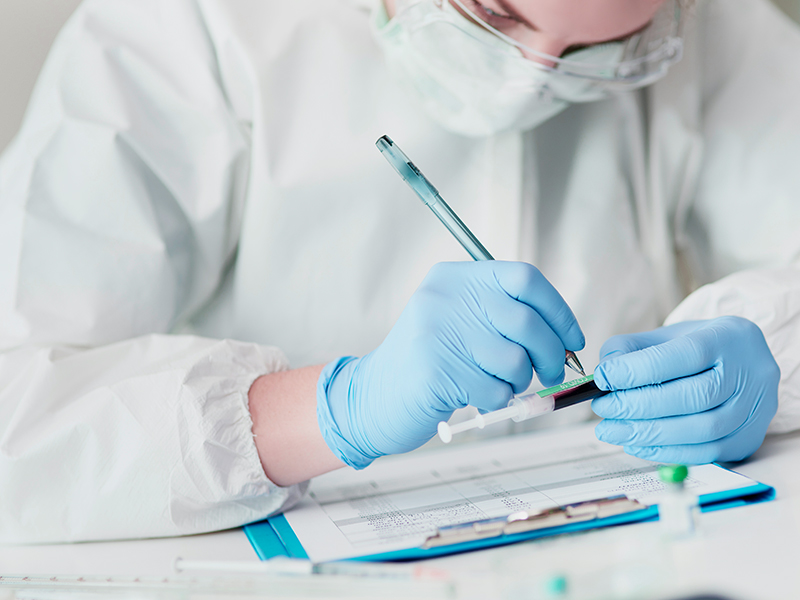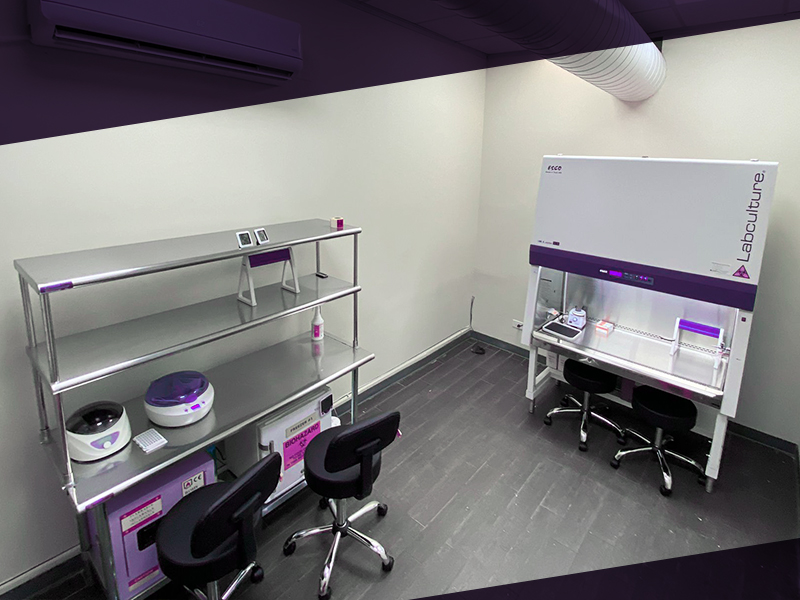FREQUENTLY ASKED QUESTIONS
There are a few categories on the site. Just have 3-4 generic FAQs for each
COVID-19 is an acronym for Coronavirus Disease 2019, as the first case was discovered and reported in 2019. It is an infectious disease caused by the SARS-CoV-2 virus.
Coronavirus can be spread in three different ways.
- Airborne transmission can occur if an infected person has breathed out the same air you breathe in, within three hours (the virus lives up to 3 hours in the air)
- The virus can live on surfaces for 2-3 days so the transmission can occur if you touch a contaminated surface.
- The most common transmission method is through aerosols. If an infected person talks, coughs, or sneezes, their aerosols or droplets may carry the virus to anyone who is within 6 feet of that person.
First reported towards the end of 2021, the Omicron Variant is a variant of SARS-CoV-2. The Omicron Variant is less severe than other variants.
The common symptoms of COVID-19 are:
- Fever
- Sore Throat
- Loss of Taste or Smell
- Headache
- Cough
- Fatigue
- Congestion and Runny Nose
The common symptoms of the Omicron Variant are:
- Headache
- Fatigue
- Congestion and Runny Nose
- Sore Throat
- Sneezing
COVID-19 has an incubation period of 2-10 days where the infected person may not show symptoms but is still capable of infecting others. However, it is also possible that some infected individuals may have asymptomatic COVID-19.
There are two types of tests for COVID-19.
- The Rapid Antigen Test provides a result within an hour but lacks accuracy.
- The RT- PCR Test requires 24 hours to provide a result but is the most accurate test.
Some individuals may experience persisting symptoms like weakness, shortness of breath, and cough.
People over the age of 60, especially those with poor health conditions, are more likely to develop severe symptoms. There is also an increased risk for those who are pregnant. Unvaccinated people are more at risk than vaccinated people.
Some measures you can take to prevent COVID-19 are:
- Wearing a mask in public.
- Using a sanitizer and washing your hands properly.
- Practicing social distancing and maintaining a 6 ft. distance from others.
- Avoiding indoor public places, especially crowded areas.
Yes, as COVID-19 can still infect vaccinated individuals. However, symptoms are usually less severe for vaccinated people.
If you are experiencing COVID-19 symptoms, or have been in contact with an infected person, it is important to get tested and isolate yourself from others.
To conduct a COVID self-test, follow these simple steps:
- Make sure your hands are washed and the surface is disinfected.
- Read the instructions on your kit properly and then open it.
- Insert the swab into your nostril (less than 1 inch) and gently rotate it.
- Remove the swab and repeat the same procedure for the other nostril.
- Remove the swab again and seal it properly.
- Place the sealed swab back into the kit.
- Sanitize your hands and the surface.
- Send your sample for testing.
COVID-19 is an acronym for Coronavirus Disease 2019, as the first case was discovered and reported in 2019. It is an infectious disease caused by the SARS-CoV-2 virus.
Coronavirus can be spread in three different ways.
- Airborne transmission can occur if an infected person has breathed out the same air you breathe in, within three hours (the virus lives up to 3 hours in the air)
- The virus can live on surfaces for 2-3 days so the transmission can occur if you touch a contaminated surface.
- The most common transmission method is through aerosols. If an infected person talks, coughs, or sneezes, their aerosols or droplets may carry the virus to anyone who is within 6 feet of that person.
First reported towards the end of 2021, the Omicron Variant is a variant of SARS-CoV-2. The Omicron Variant is less severe than other variants.
The common symptoms of COVID-19 are:
- Fever
- Sore Throat
- Loss of Taste or Smell
- Headache
- Cough
- Fatigue
- Congestion and Runny Nose
The common symptoms of the Omicron Variant are:
- Headache
- Fatigue
- Congestion and Runny Nose
- Sore Throat
- Sneezing
COVID-19 has an incubation period of 2-10 days where the infected person may not show symptoms but is still capable of infecting others. However, it is also possible that some infected individuals may have asymptomatic COVID-19.
There are two types of tests for COVID-19.
- The Rapid Antigen Test provides a result within an hour but lacks accuracy.
- The RT- PCR Test requires 24 hours to provide a result but is the most accurate test.
Some individuals may experience persisting symptoms like weakness, shortness of breath, and cough.
People over the age of 60, especially those with poor health conditions, are more likely to develop severe symptoms. There is also an increased risk for those who are pregnant. Unvaccinated people are more at risk than vaccinated people.
Some measures you can take to prevent COVID-19 are:
- Wearing a mask in public.
- Using a sanitizer and washing your hands properly.
- Practicing social distancing and maintaining a 6 ft. distance from others.
- Avoiding indoor public places, especially crowded areas.
Yes, as COVID-19 can still infect vaccinated individuals. However, symptoms are usually less severe for vaccinated people.
If you are experiencing COVID-19 symptoms, or have been in contact with an infected person, it is important to get tested and isolate yourself from others.
To conduct a COVID self-test, follow these simple steps:
- Make sure your hands are washed and the surface is disinfected.
- Read the instructions on your kit properly and then open it.
- Insert the swab into your nostril (less than 1 inch) and gently rotate it.
- Remove the swab and repeat the same procedure for the other nostril.
- Remove the swab again and seal it properly.
- Place the sealed swab back into the kit.
- Sanitize your hands and the surface.
- Send your sample for testing.










